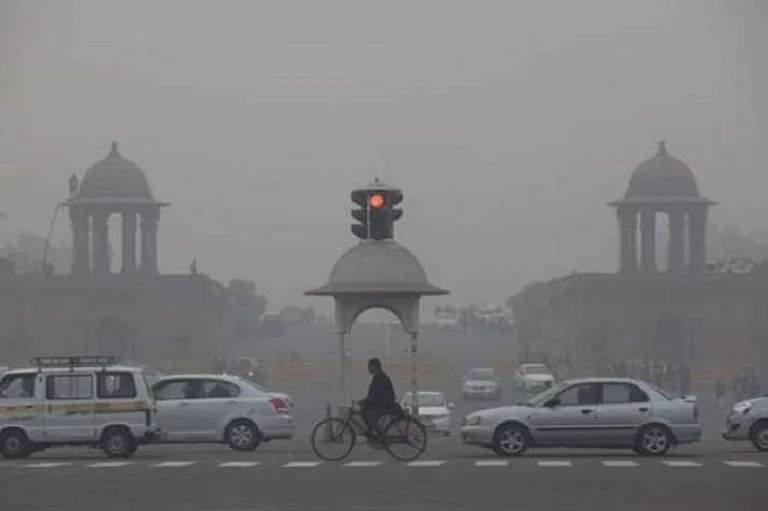Over half of the Indian Premier League 2025 matches were played under conditions classified as either Extreme Caution or Danger on the Heat Index, a report on the effect of climate change on the game stated. Rising temperatures across the world are an "existential threat" to the game of cricket, the new report cautions.
The Hit for Six: The Danger Zone report, commissioned by non-profit groups FrontRunners, The British Association for Sustainability in Sport, Climate Central and The Next Test have produced this work which has put the focus back on the impact of climate change on cricket.
The report says that players in over half of the IPL 2025 were likely to be affected by heat exhaustion. Only nine matches were played in conditions that were not affected by heat warning.
"We're witnessing a clear trend towards more frequent and more intense heat conditions for key cricketing nations," Dr Mike Tipton, Professor of Human & Applied Physiology at the Extreme Environments Laboratory at the University of Portsmouth, told the report.
"Players are now being asked to perform in environments that are not just uncomfortable, but potentially dangerous, with rising temperatures and humidity levels pushing human physiology toward its upper limits.
"This isn't just about performance — it's increasingly a question of player safety."
Another factor that threatened player fitness during IPL 2025 was the air quality in Indian cities.
Research conducted by The Next Test found that not one IPL 2025 game was played under conditions considered "good" on the Air Quality Index. In fact, almost half the matches were played in conditions considered "poor" and five matches were played in "unhealthy" conditions.
England international Maia Bouchier talked about how conditions in the Indian Subcontinent were "incredibly hard to play in".
"After one game, where I had only really been batting for about 45 minutes to an hour, I couldn't breathe in the humidity and I had to sit down for 15 minutes," she said.
"I felt light-headed and physically couldn't stay standing."
The report also flagged concern over changing rain patterns across the world which are leading to more days being wasted due to bad weather.


























